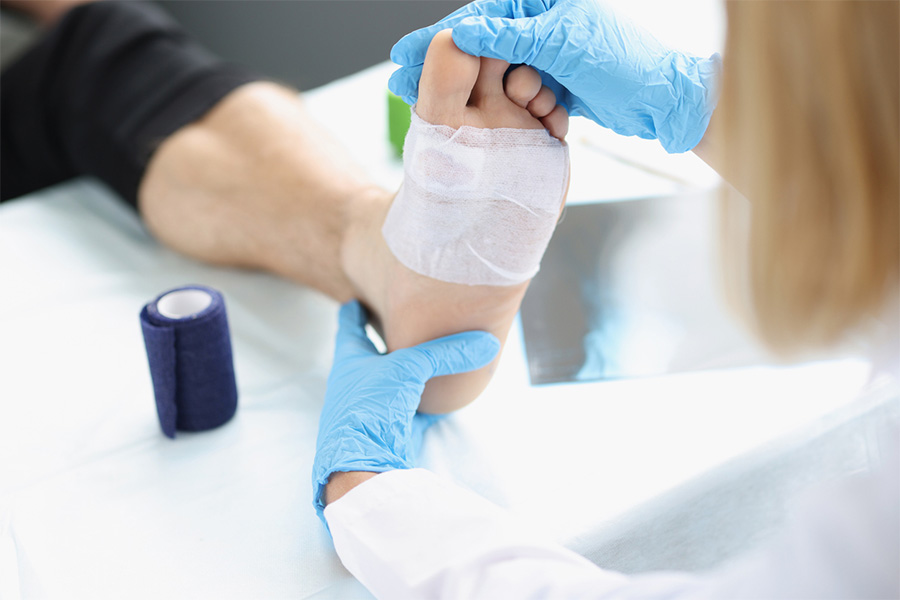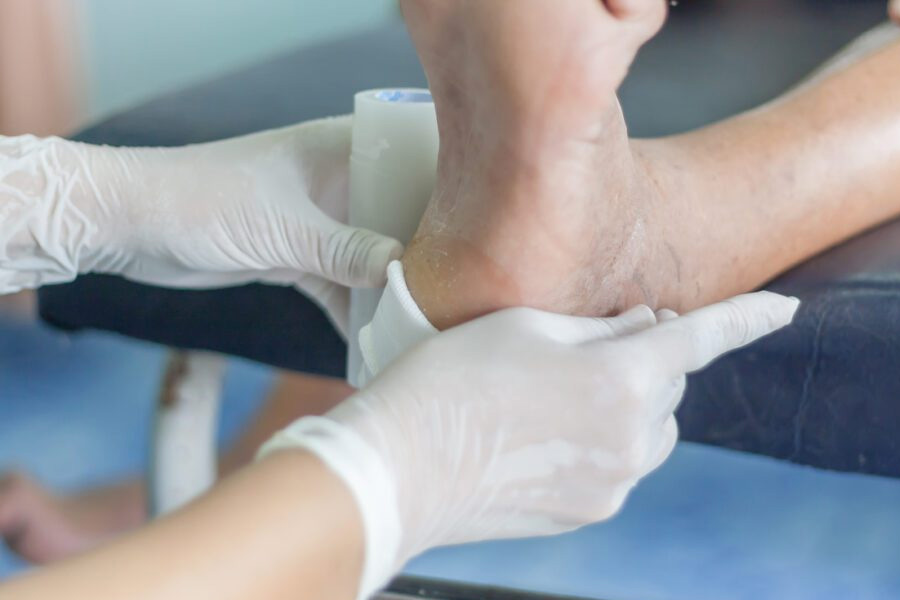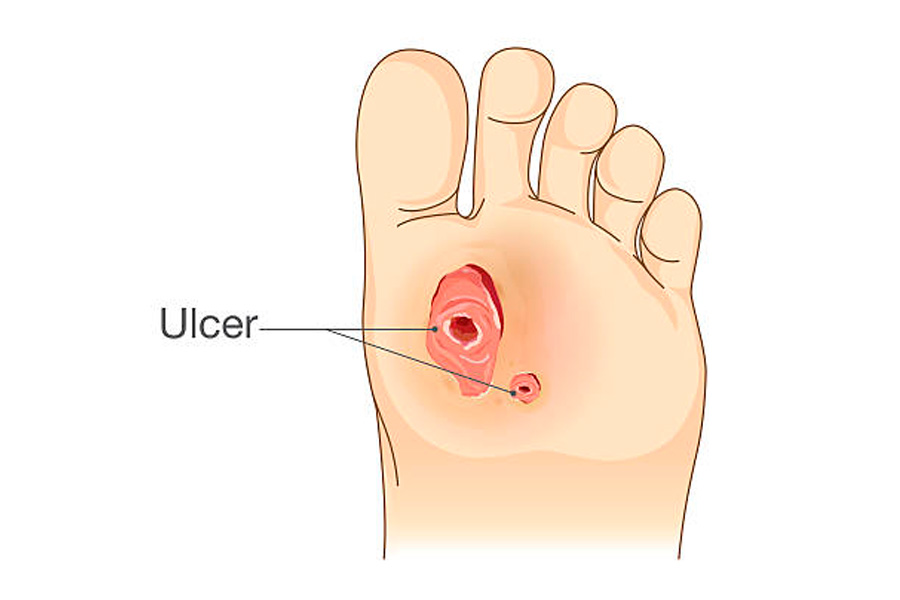Diabetes is a serious condition that can cause severe complications, including slow-healing and complicated wounds. One of the most common body parts diabetic wounds affect is the foot. When someone with diabetes has a foot ulcer, it can lead to infection or even amputation if not treated quickly and effectively. Patients must take special care of their feet to keep them healthy long-term.
Here are five facts about diabetic wound care you should know:
1. Diabetic Wounds Require Special Treatment
Diabetic wounds should always receive treatment differently than other types of wounds. People with diabetes have impaired healing abilities, so even tiny cuts and scrapes can take longer to heal.
Wound care products are available to help stabilize blood sugar levels and promote better healing. The different options available for diabetic wound care include the following:
- Antibiotic ointments
- Special wound dressings and bandages
- Compression therapy
- Medication to control pain and inflammation
If a wound worsens or does not show healing signs after six weeks, your doctor may suggest further evaluation. This will help them determine the best course of action. Invasive treatments may help if conservative options are insufficient. These include debridement (removing dead tissue) and skin grafting.
2. Hygiene Is Crucial Because You’re At A Higher Risk Of Infection
Diabetes can lower your resistance to infection, making you more prone to infections from wounds. Infected diabetic wounds can become life-threatening if not treated quickly and adequately.
You must watch for signs of infection, such as:
- Redness, warmth, swelling, discharge, foul odor, severe pain, or bleeding at the wound site
- A high fever
For diabetics, the feet are especially susceptible to infection, as poor circulation can lead to ulcers. Furthermore, because of nerve damage, which is common among diabetics, you may not even be aware of wounds, cuts, or scrapes on your feet until they grow and fester. This is why you should check and clean your feet regularly.
Exercise proper hygiene by washing the wound with gentle soap, drying it off, and applying an antibiotic ointment on a daily basis. You should also monitor the wound and if you notice any signs of infection or if the wound simply isn’t getting better, see a podiatrist.
3. You Need Regular Podiatric Checkups
If you are diabetic, you need to see a podiatrist regularly for any needed foot care and treatments. During checkups, the doctor will perform a physical exam on the feet. They will check for any wounds, nerve damage, and dry patches of skin that are at risk of becoming cracked. They will also check your shoes for proper fit and ensure you wear adequate socks.
This is a great way to protect your feet and ensure any problems are diagnosed and treated in a timely manner.
4. Proper At-Home Foot Care Is Crucial
For people with diabetes, foot care is paramount. Regularly washing your feet and checking them for any signs of injury can go a long way in preventing complications.
Wear comfortable shoes that fit well, and avoid going barefoot even at home. Keeping your skin moisturized is also important to prevent cracks and cuts. Choose socks that fit well and wick away moisture. You can also buy diabetic socks with extra padding to protect your feet from rubbing against your shoes. Inspect your shoes every time you put them on for any sharp objects or debris that may have gotten inside.
5. Early Treatment Is Key
Regarding diabetic wound care, early diagnosis and treatment are critical. Even tiny cuts or scrapes can quickly become infected if not treated properly. Contact your doctor immediately if you spot signs of infection. The sooner a wound receives treatment, the better your chances of avoiding severe complications.
Your doctor can recommend the best course of action and help you control your diabetes so that healing can occur. Remember that you should never try to self-treat a wound without consulting a medical professional first.
Compassionate Diabetic Wound Care In Cincinnati, OH
Properly managing diabetic wounds is essential to keeping your condition under control and maintaining a good quality of life. Your podiatrist can help you determine the best treatment plan for your needs. For example, proper hygiene and regular checkups can keep your feet healthy and prevent infections or other complications.
Are you looking for a clinic that offers compassionate and personalized diabetic wound care in Ohio? You can rely on highly skilled and experienced podiatrists of Cincinnati Foot & Ankle Care. They have the training and expertise to provide the best care. Call the friendly staff at any of our offices if you want to learn about our comprehensive services. You can also use our online form to book a visit with the best foot and ankle doctors near you.
We have 18 locations across southwest Ohio to serve you conveniently. We look forward to helping you live your best life!
Share

People with diabetes often experience difficulty healing wounds.




